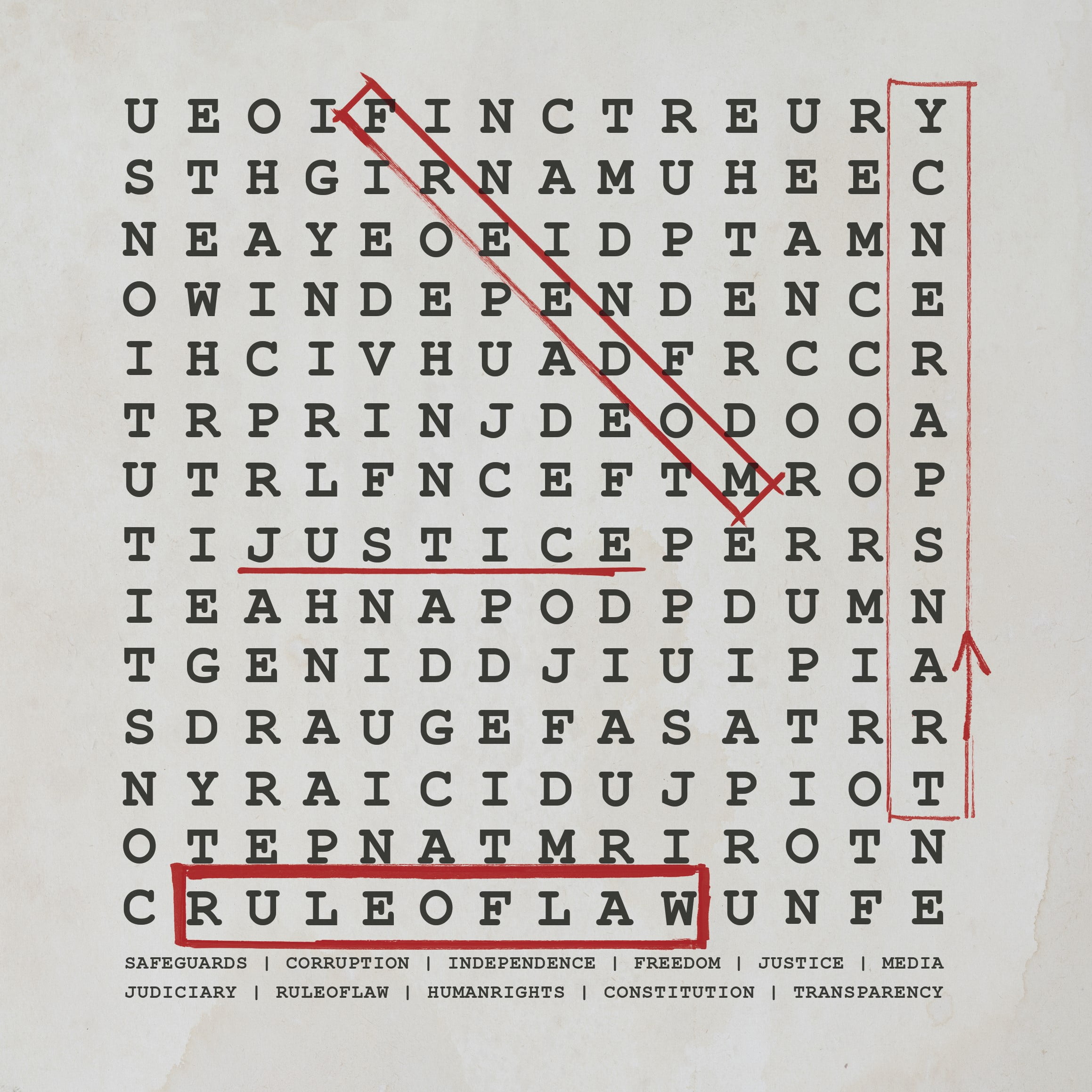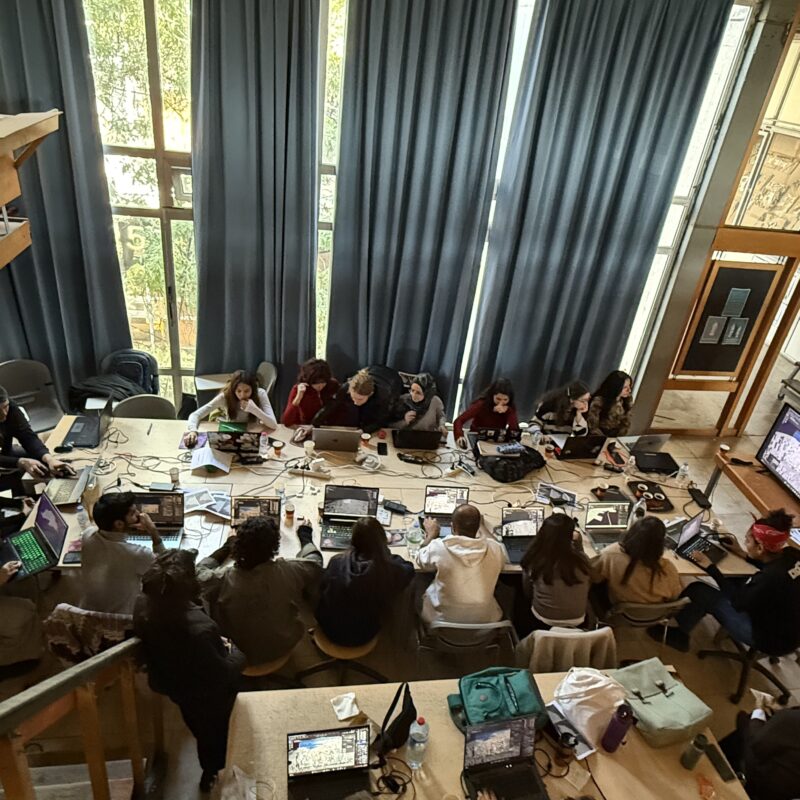Hungarian Helsinki Committee
COMPASS

Project information
 Duration of the project
Duration of the project
 Time status
Time status
 Focus area
Focus area
Over the past decade, anti-democratic currents have grown stronger in Europe, and Hungary has experienced a significant democratic regression. Since 2010, the incumbent government has managed to undermine the independence of the judiciary, limit the political space of opponents, create an unfair electoral system, restrict media and academic freedom, and hinder the operation of civil society actors. International institutions such as the UN, the Council of Europe, the OSCE, and the EU, have expressed concern over developments in Hungary. In December 2022, the EU decided to exert economic pressure on the Hungarian government through clear requirements for the country to access EU funds. Since then, some reforms have been implemented in Hungary, but no tangible or lasting results have yet been seen. Therefore, it is urgent to monitor the reforms and work for more significant changes not covered by EU measures.
In this project, the Hungarian Helsinki Committee (HHC) aims to prevent further democratic backsliding in Hungary and strengthen the conditions for restoring the country’s rule of law principles.
The project is supported with 2 600 000 SEK.
What’s happening in the project?
- – International advocacy work is being conducted targeting other European countries, various EU bodies, and international press.
- – Hungarian non-profit organizations are being educated, empowered, and coached to conduct effective international advocacy work in the field of human rights.
- – Several European human rights organizations are undergoing joint security training and are given space to develop new and deeper collaboration opportunities.
- – Legal support is offered to “everyday heroes” who have stood up for Human Rights.
- – Communication materials are being developed to engage a young audience.
Why is the project supported?
The project brings together actors and contributes to reducing the risk of further democratic backsliding in Hungary. It lays the groundwork for reintroducing democratic values and legal principles in the country.








